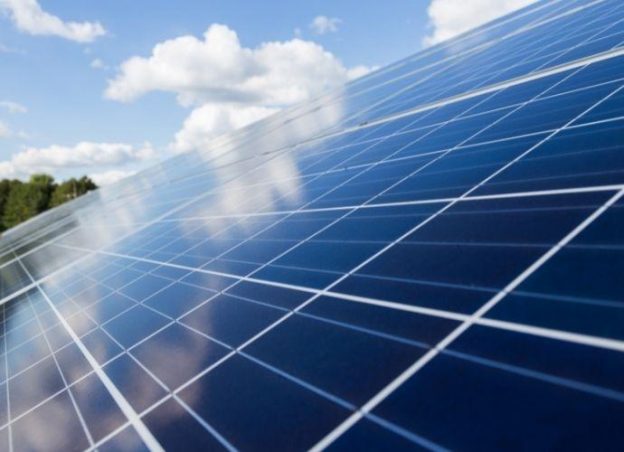Table of Contents
Since our planet receives more solar energy than it needs, we can use this energy to our advantage. There are many ways to do this however, the most common one is using this energy to generate electricity. So how do we achieve that?
Well, you guessed it. With Solar Panels.
So, what are solar panels?
Simply put, Solar panels are devices made of photovoltaic cells that directly absorb solar energy and convert it into electricity.
But there is a lot more to them than what meets the eye. So, let’s explore further.
Where Are Solar Panels Used?
Some of the interesting uses and applications of solar panels are:
To offset electricity of a Building:
Installing a collection of solar panels, known as the photovoltaic array, on the rooftops of buildings provides for the demand of power for an entire building.
To supply power to smart highways:
Many countries have developed smart highways with solar panels. Panels are designed with LED lights to power them and display traffic warnings for upcoming hazards. The panels also supply power to parking meters, lamps, and bus station dashboards.
To provide power to Satellites:
Most satellites utilize solar panels for the successful completion of space operations. Since satellites can directly collect high-intensity solar radiation, they use panels to absorb and convert solar energy into power. This constant supply of energy from solar panels helps satellites stay in space for a longer duration.
5 Benefits of Using Solar Panels
- One-time investment
Solar panels have no recurring costs for power consumption each month. While their initial installation might be costly, it is a one-time investment in the form of upfront cost.
- Versatile Installation
The solar panels are easy to install. That is what makes them a suitable option for almost any region. While you may initially install solar panels for a small amount of power production, you can easily expand the installation over time as your consumption increases.
- Minimum power outages
With solar panels, there is a minimal chance of power outages. Installation of panels generates power all year round, and their sustainability and longevity ensure long-term use.
- Power storage
Solar panels provide an option of storing power in batteries for later use. Once the sun goes down, the installed photovoltaic panels will automatically switch to electricity from the grid backed up with batteries.
- Longevity through easy inspection
Solar panels are long-standing devices, but to ensure their longevity, you can use AI drone solar panel inspection by using computer vision technology. This device makes it super easy to inspect the solar panels you have installed on-site such as a house or a field.
Read Also: How to Find a Good iOS Developer
3 Things to Consider Before You Buy Solar Panels
Before jumping in to buy and install rooftop solar panels, there are a few things you need to consider.
Understanding the following three factors can help you ensure everything is in place before you go over to the market:
- Location for the installation
The foremost thing to consider is the location for the installation. The components of solar panels take over a good enough space. So, you must ensure that you have enough space available for the components to be set up.
- Choose the solar panel you need
There is more than one type of panel, so before you head to the market, decide if you need thermal solar panels or photovoltaic solar panels.
Also, make sure you learn about their performance, durability, and warranty.
- Check for the legal approval
Every state has different rules for the installation of panels in residential areas. So, you must know what laws or ordinances apply in your region to comply with them and avoid legal violations.
Conclusion
If you want to produce a substantial amount of power for the day-to-day consumption of your household or business, you must install solar panels. Since they are efficient devices with easy installation, they can help generate and store electrical energy for long-term consumption without any recurring costs.Now, all you need to do is explore the market and pick the panel that fits your needs.



